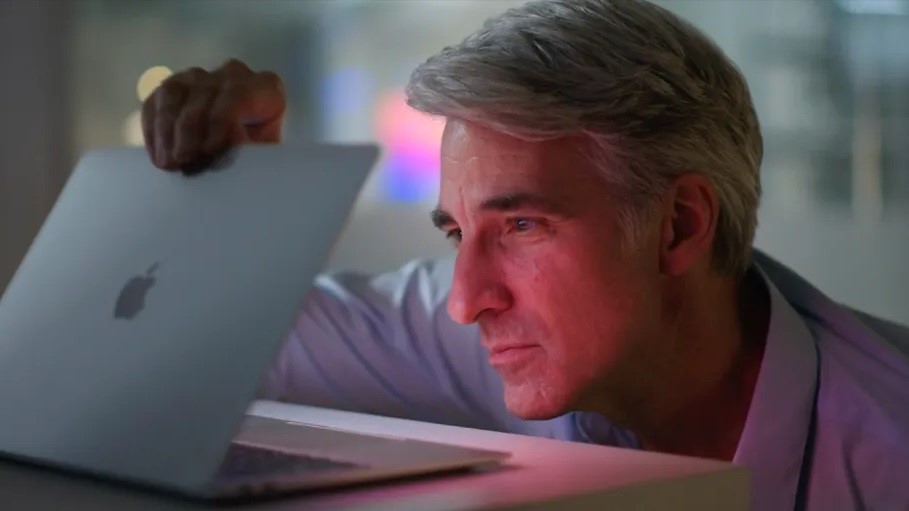Macs have 'unacceptable' levels of malware, says Apple exec
Craig Federighi critiques macOS security in the Apple vs. Epic battle

We live in strange times, with Apple’s software boss Craig Federighi claiming that the level of Mac malware is not acceptable. Criticizing the security of macOS is obviously uncharacteristic of an Apple executive.
This came to light in the ongoing Apple vs. Epic civil trial over App Store royalties and Apple's alleged monopoly. Federighi argued that the malware threat to macOS is a major reasons for Apple’s walled-garden approach to iOS and the security benefits that control brings.
- Apple vs Epic Games: What the trial of the century means for you
- The best Mac antivirus software, which you do need
- Just in: New iPod touch tipped for fall launch - here's your first look
“Today, we have a level of malware on the Mac that we don’t find acceptable,” said Federighi in a court testimony on Wednesday (May 19).
This mild self-own was followed up with an explanation that if iOS were to adopt the same approach as macOS, the iPhone’s operating system would also face more cyber security threats.
“If you took Mac security techniques and applied them to the iOS ecosystem, with all those devices, all that value, it would get run over to a degree dramatically worse than is already happening on the Mac,” he said.
“For iOS, we aspired to create something far more secure,” added Federighi, detailing the walled-garden approach to iOS. “All indications are that we have succeeded in doing so.”
We can’t argue the latter, as occurrences of iOS malware are far less likely than those on Android devices, especially when one considers the vast number of Android phones out in the wild, many of which run different versions of Google’s mobile operating system.
Sign up to get the BEST of Tom's Guide direct to your inbox.
Get instant access to breaking news, the hottest reviews, great deals and helpful tips.
What is dryly amusing here is Federighi's mild condemnation of macOS security. In earlier days, it was often touted by Apple and its fans that Mac don’t get malware. Apple even made TV ads about it.
That wasn't true — Macs always have had malware. Yet as Macs grew in popularity and app software compatibility after Steve Jobs returned to the company in 1997, more malware managed to infiltrate macOS.
If you’ve bought a MacBook Pro or MacBook Air M1 with the thought that it may be highly secure, then Federighi’s observations might come as a stinging blow. But these days, you need to ensure that you take appropriate security measures with macOS, much as you would with a Windows 10 computer.
Federighi even noted he’s had up-close experience of Mac malware: “I’ve had a couple of family members who have gotten some malware on their Macs.”
This mea culpa might bring a smile to the faces of those who're are anti-Mac, but it can also be taken as positive news. It shows Apple is more than aware of the malware threat macOS faces and could hint that future versions of the operating system could have new measures to curtail viruses and malicious software.
Given the engineers at Cupertino have made the Apple M1 chip and transition slowly away from reliance on Intel silicon, it seems Apple is open to pushing the boundaries of established computing. Maybe in the future we could see a return to the days of Macs free from malware threats, though that may be wishful thinking.
Roland Moore-Colyer a Managing Editor at Tom’s Guide with a focus on news, features and opinion articles. He often writes about gaming, phones, laptops and other bits of hardware; he’s also got an interest in cars. When not at his desk Roland can be found wandering around London, often with a look of curiosity on his face.
-
VoleUndermined_82 It's good to be conscious of your product's flaws but, uh, maybe not during a highly publicized court battle where your quality and integrity is already being questioned?Reply

